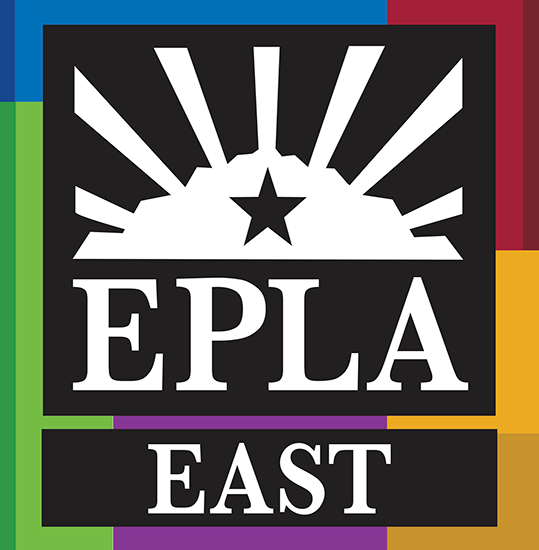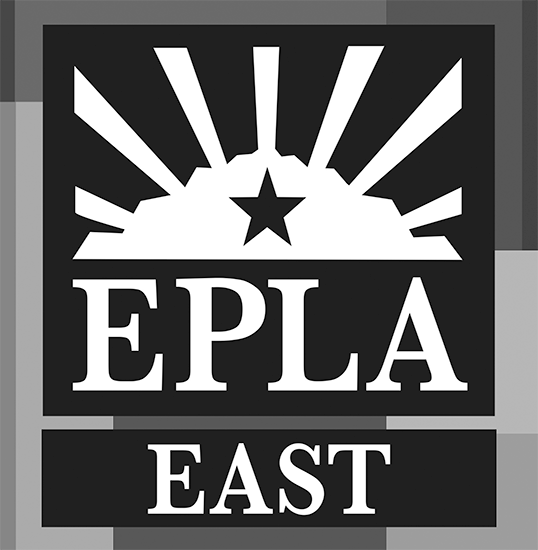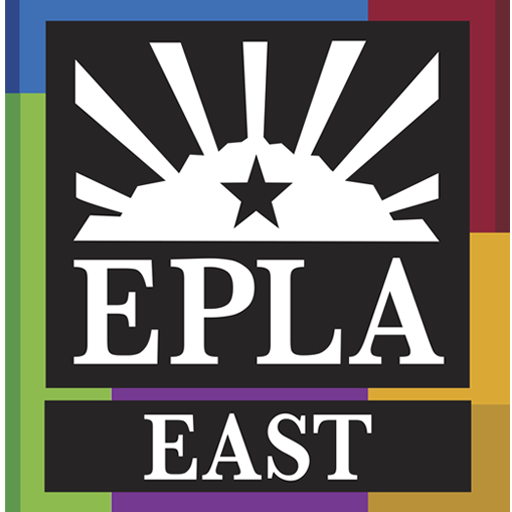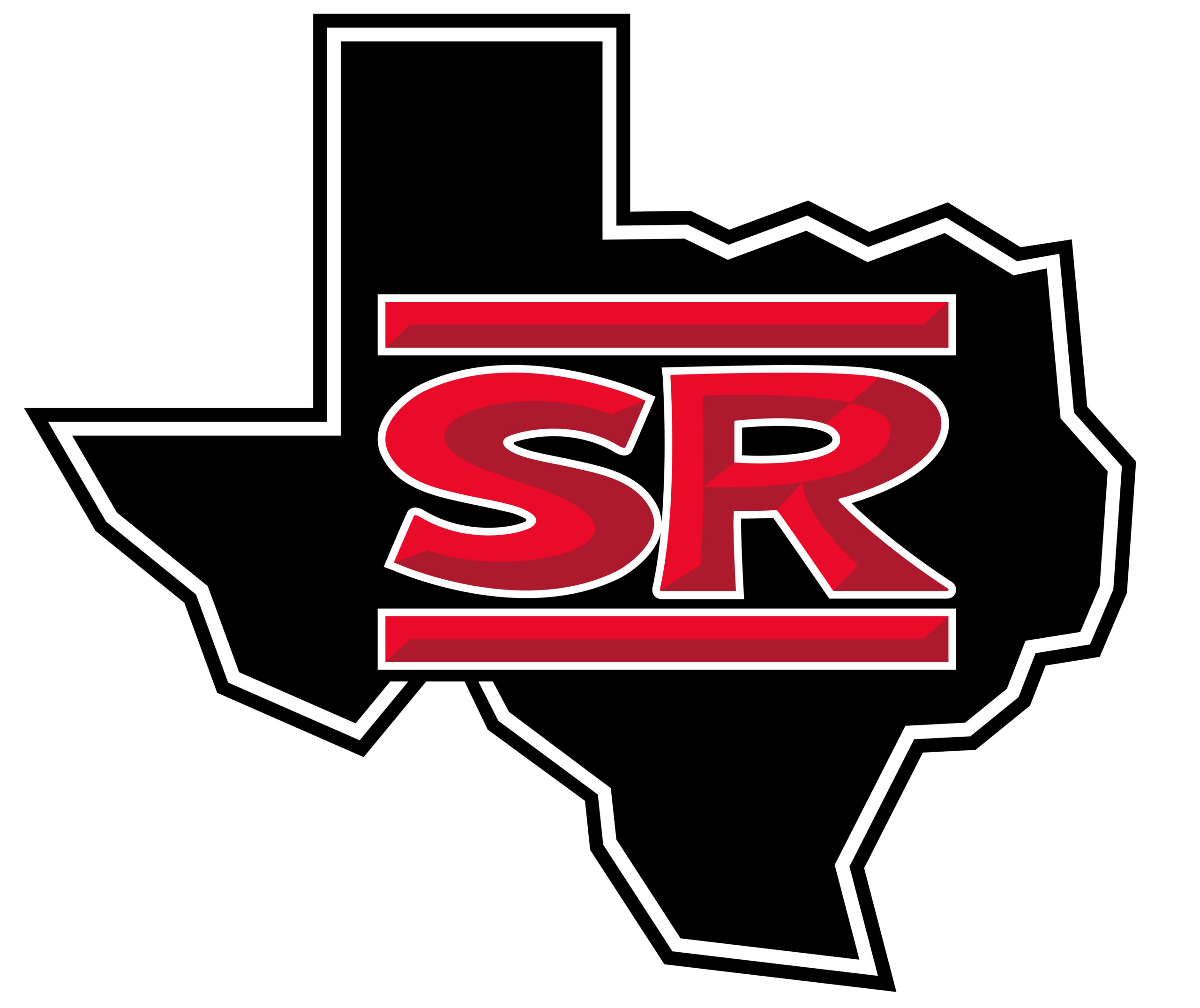Dual Credit vs. Early College
Dual credit classes and early college programs in Texas both allow high school students to earn college credit, but they differ significantly in structure and intent according to the Texas Education Code and Texas Education Agency guidelines.
Dual credit is a system where eligible high school students enroll in college courses that count for both high school and college credit, typically on a course-by-course basis; these courses may be academic, technical, or foreign language and are available to a broad range of students.In contrast, early college programs—such as Early College High School (ECHS)—are comprehensive, open-enrollment initiatives designed primarily for students who are at risk of dropping out or who wish to accelerate their education.
These programs blend high school and college coursework, enabling students to earn up to 60 college credit hours (often an associate degree) by the time they graduate high school, usually at no cost to the student. Early college programs require formal articulation agreements with colleges and provide structured support, flexibility, and a clear pathway to postsecondary credentials, while dual credit is generally more flexible and less prescriptive in scope and support



